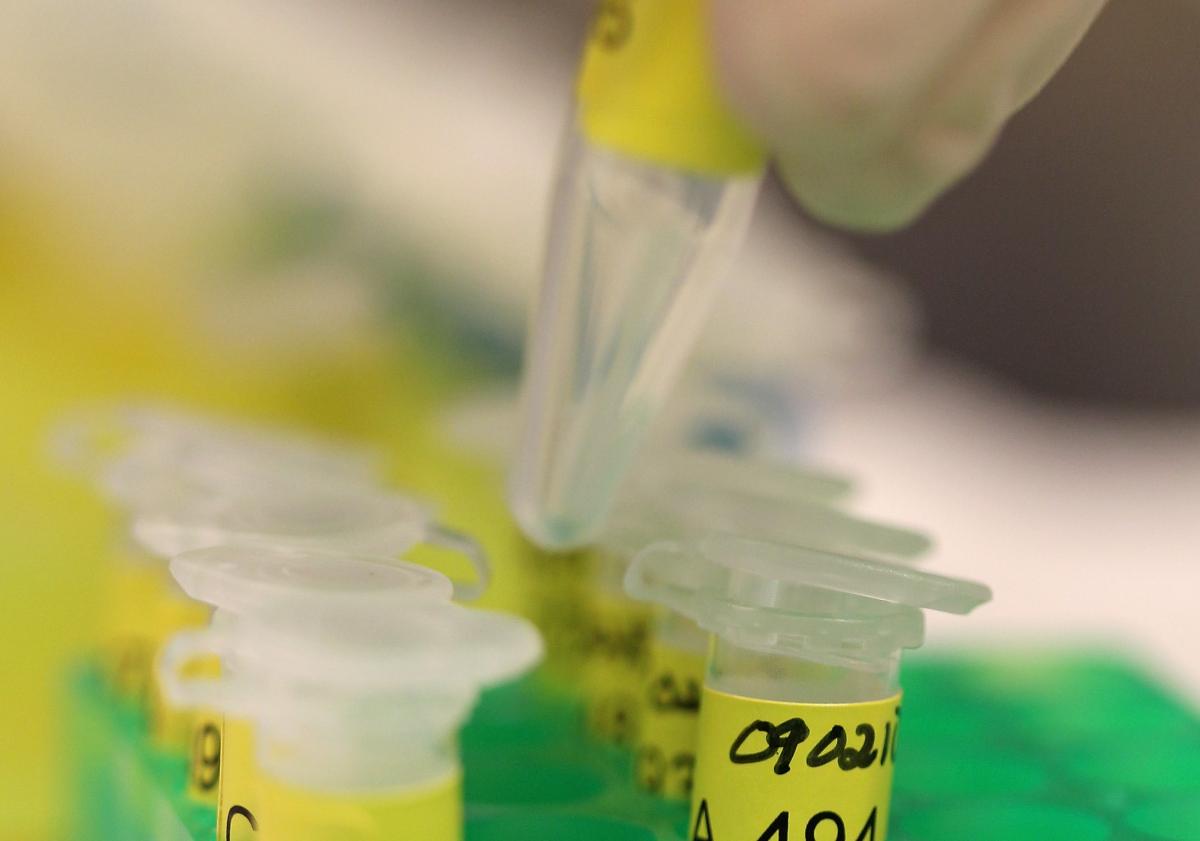Para powerlifter Dawid Lange receives a four-year ban for anti-doping violation
Athlete returned adverse analytical finding for four prohibited substances at 2019 Polish Weightlifting Individual Championships for People with Disabilities 13 Nov 2023
The International Paralympic Committee (IPC) has banned Para powerlifting athlete Dawid Lange for a period of four years for committing an anti-doping rule violation (ADRV), in breach of the IPC Anti-Doping Code.
The Polish athlete returned an adverse analytical finding (AAF) for Prohibited Substances in a urine sample provided in-competition on 7 April 2019 during the Men's over 107kg competition at the 2019 Polish Weightlifting Individual Championships for People with Disabilities.
The substances were metabolites of Dehydrochloromethyltestosterone (DHCMT), Metandienone, Oxandrolone and Clomifene. DHCMT, Metandienone, Oxandrolone are listed as Prohibited Substances under class S1.1A of WADA's 2019 Prohibited List (Anabolic Agents). Clomifene is listed as a Prohibited Substance under S4.3 of WADA's 2019 Prohibited List (Hormone and Metabolic Modulators).
The athlete was provisionally suspended by the Polish Anti-Doping Agency (POLADA) on 13 June 2019 pending a resolution of his case.
On 30 December 2019, the athlete was charged with an ADRV pursuant to the POLADA Anti-Doping Rules.
On 22 July 2020, a POLADA Disciplinary Panel ruled that the athlete had violated the POLADA Anti-Doping Rules and imposed a sanction of a four-year period of Ineligibility on the athlete.
Following an appeal by the athlete, on 17 February 2021 a POLADA Appeal Panel overturned the POLADA First Instance Decision and lifted the athlete’s suspension, on the basis that the POLADA Anti-Doping Rules did not apply to the athlete.
On 30 September 2021, the IPC charged the athlete with an ADRV pursuant to the 2018 IPC Anti-Doping Code and provisionally suspended the athlete pending a resolution of his case.
Following this, the athlete challenged, among other things, the IPC's jurisdiction to bring a case under the IPC Anti-Doping Code against the athlete on the basis of the AAF. This jurisdiction challenge was dismissed in a ruling of the IPC Independent Anti-Doping Tribunal on 9 December 2021, and then by the Court of Arbitration for Sport (CAS) following an appeal by the athlete to CAS, on 1 May 2023.
Following the dismissal of the jurisdiction challenge by CAS, the substantive ADRV case was heard before the IPC Independent Tribunal. On 13 October 2023 the IPC Independent Anti-Doping Tribunal found the AAF charge to be proven and sanctioned the athlete to a four-year period of Ineligibility.
As a result of his violation, the athlete will be ineligible for competition and other sporting activities (other than authorised anti-doping education or rehabilitation programs) for four years from 13 June 2019. The suspension is to take into account the POLADA Provisional Suspension (13 June 2019 to 17 February 2021) and the IPC Provisional Suspension (30 September 2021 to 13 October 2023), bringing its end date to 22 January 2024.
The results obtained from the Men's over 107kg competition at the 2019 Polish Weightlifting Individual Championships for People with Disabilities are automatically disqualified, with all resulting Consequences, including forfeiture of any medals, points and prizes. All other results obtained by the athlete from the date the positive sample was collected until the commencement of the provisional suspension are also disqualified, with all resulting Consequences, including forfeiture of any medals, points and prizes.
Jude Ellis, Head of Anti-Doping at the IPC, said: “This case serves as a reminder to those athletes who have agreed to participate in any World Para Sports’ competition or who have signed the IPC’s Athlete Eligibility Agreement. Regardless of their level of experience, these athletes have a responsibility to understand and comply with their obligations under the IPC Anti-Doping Code. This includes taking steps to ensure that anything they consume does not contain a substance included on the WADA Prohibited List. The IPC has anti-doping jurisdiction over the World Para Sports, and this applies at all times, whether in-competition or out-of-competition.
“The IPC would also remind National Anti-Doping Organisations (NADOs) to ensure their anti-doping rules are drafted so as to ensure that they have jurisdiction and results management authority over Para athletes where appropriate.”
Each athlete is strictly liable for the substances found in their sample. An ADRV occurs whenever a prohibited substance (or its metabolites or markers) is found in their bodily specimen, whether or not the athlete intentionally or unintentionally used a prohibited substance or was negligent or otherwise at fault.
As a signatory of the World Anti-Doping Code (the WADC), the IPC remains committed to a doping-free sporting environment at all levels. The IPC has established the IPC Anti-Doping Code in compliance with the general principles of the WADC, including the WADC International Standards, expecting that, in the spirit of sport, it will lead the fight against doping in sport for athletes with an impairment.




